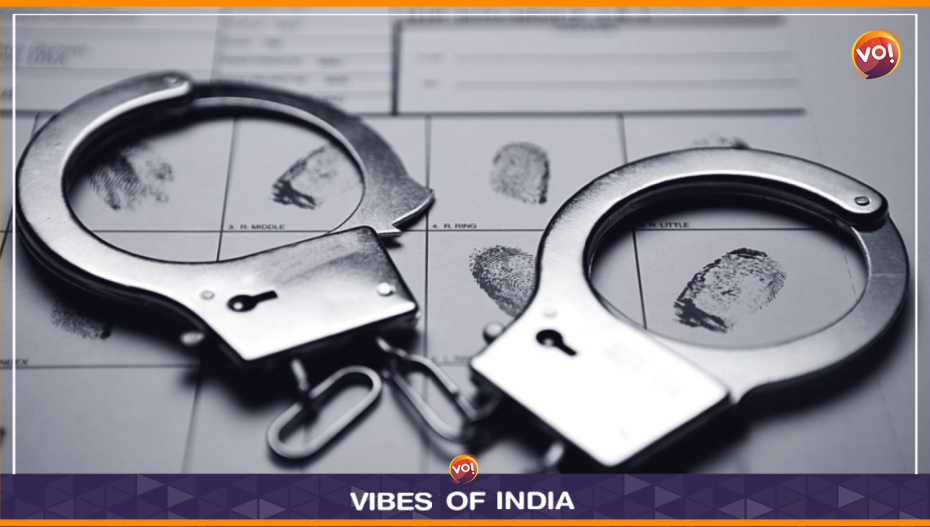The Narcotics Control Bureau (NCB) announced on Tuesday that it had successfully dismantled a global drugs trafficking network operating on the darknet, resulting in the largest-ever seizure of LSD blots in India.
The operation, which spanned over two weeks, culminated in the confiscation of approximately 15,000 LSD blots, with an estimated international market value exceeding Rs 10 crore. The NCB also arrested six individuals, all of whom were students and young adults, lured by the prospect of making easy money while maintaining anonymity through encrypted messaging apps like WICKR.
LSD, a hallucinogenic substance categorized as a synthetic chemical-based drug, is commonly consumed by licking or swallowing blots, which are small squares akin to half the size of stamp paper. LSD or lysergic acid diethylamide is a synthetic chemical based-drug and is categorised as a hallucinogen.
This operation surpassed previous records, with the highest previous seizure being 5,000 blots by the Karnataka Police over the course of 2021, and a similar quantity seized by the Kolkata NCB in a single operation in 2022.
A total of 14,961 blots were seized as part of the about two-week long operation and the blots are of “gammagoblin and holy spirit of asura” brand, Singh said.
Deputy Director General (Northern Region) Gyaneshwar Singh of the NCB, revealed that the arrested individuals, aged between 25 and 28, were part of a larger drug cartel that the agency is actively pursuing. Singh emphasized the prevalence of LSD abuse among young people and highlighted the severe health risks associated with its consumption.
LSD, commonly referred to as “acid” in illicit drug circles, is odourless, colourless, and tasteless. Its usage can cause users to lose their sense of space, distance, and time, severely impacting their judgment and behaviour. Possession of even 0.1 gram (approximately six blots) of LSD, which constitutes a commercial quantity under the Narcotic Drugs and Psychotropic Substances (NDPS) Act, invites stringent legal action, including denial of bail and rigorous imprisonment.
The NCB’s investigation revealed that the seized LSD blots originated from Poland and the Netherlands. The drug syndicate responsible for its distribution employed cryptocurrency and UPI as payment methods, while relying on couriers and postal networks for shipment. The NCB is currently working to freeze the syndicate’s crypto funds.
Deputy DG Singh emphasized the clandestine nature of the operations, noting that there was no personal interaction between suppliers and consumers, and all transactions occurred exclusively on the darknet. The NCB’s special team from the Delhi zonal unit dedicated hours to patrolling the hidden corners of the internet, where the darknet facilitates the sale of narcotics, exchange of explicit content, and other illegal activities, shielded from law enforcement agencies through the use of the onion router (ToR).
In addition to the LSD blots, the NCB seized 2.32 kilograms of ganja (marijuana) and Rs 4.65 lakh in cash. Furthermore, bank deposits worth Rs 20 lakh were frozen as part of the ongoing investigation.
Gyanendra Kumar Singh, the NCB’s Zonal Director for Delhi, revealed that the arrested individuals were predominantly educated and young. Among those apprehended were a student from Goa enrolled in a private university in Noida, a Delhi resident attempting to transport the blots to Kashmir, and a female suspect apprehended in the National Capital Region. The NCB also arrested a supplier based in Jaipur and a man from Kerala. Notably, the agency had previously uncovered a similar darknet-based drug trafficking racket in 2021, leading to the arrest of 40 individuals.
Also Read: Fake IAS Officer Who Called Up Companies For Jobs Held












